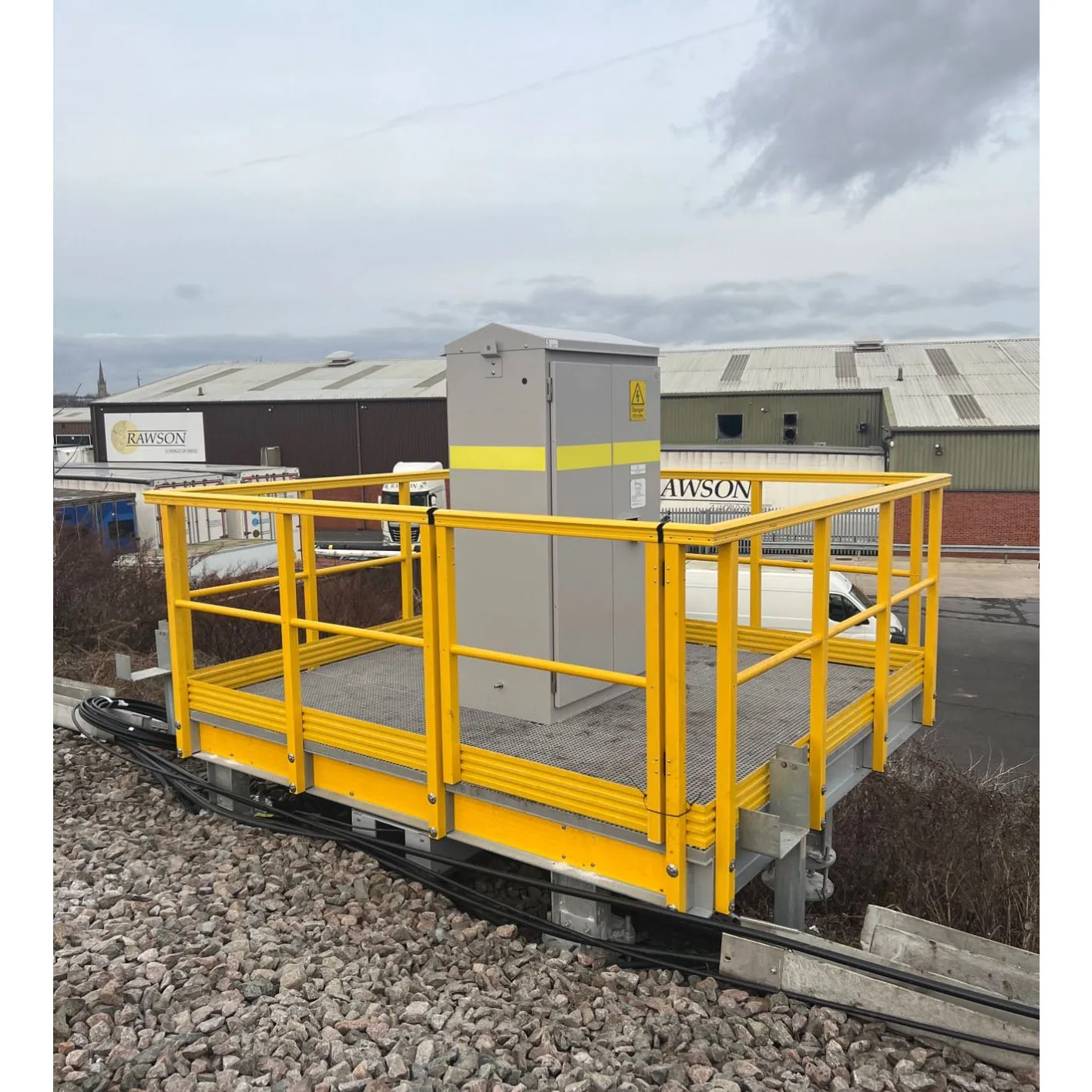loading...
- No. 9, Xingyuan South Street, Dongwaihuan Road, Zaoqiang County, Hengshui, Hebei, China
- admin@zjcomposites.com
- +86 15097380338
- Welcome to visit our website!
water treatment systems for well water
Water Treatment Systems for Well Water
Accessing clean and safe drinking water is a necessity for every household. For those relying on well water, ensuring its quality is paramount due to potential contaminants that can affect health. Well water often contains minerals, bacteria, and chemicals picked up from the surrounding soil and rocks. Therefore, a good water treatment system is essential.
One of the primary concerns with well water is bacterial contamination. Coliform bacteria, E. coli, and other pathogens can enter the water supply from surface runoff, animal waste, or failing septic systems. To address this issue, a common treatment method is chlorination. This process involves adding chlorine to the water, which effectively kills harmful bacteria and viruses. After chlorination, a filtration system can be employed to remove any residual chlorine and particulate matter.
Water Treatment Systems for Well Water
Hard water, characterized by high levels of calcium and magnesium, can be another concern for well water users. Hard water not only affects taste but can also lead to scale buildup in pipes and appliances. A water softening system can be integrated into the treatment process. These systems replace calcium and magnesium ions with sodium or potassium ions, effectively softening the water and preventing scale formation.
water treatment systems for well water

In some regions, well water may contain chemical contaminants, including pesticides, heavy metals, and nitrates. Activated carbon filters are effective for reducing these contaminants. These filters work by adsorbing impurities onto the surface of the carbon granules, improving both the safety and taste of the water. It is advisable to have water tested regularly to monitor these levels and ensure the treatment system is effective.
Furthermore, reverse osmosis (RO) systems are becoming increasingly popular among well water users. RO systems utilize a semipermeable membrane to remove a wide range of contaminants, including bacteria, viruses, salts, and heavy metals. While they are effective, RO systems can be costly and may require significant maintenance.
Finally, it’s essential for well owners to regularly test their water quality. This involves checking for bacteria, nitrates, pH levels, and specific contaminants based on regional agricultural or industrial activities. Many local health departments and environmental agencies offer testing services and can provide guidance on the best treatment systems.
In conclusion, investing in a reliable water treatment system for well water is crucial for safeguarding health and ensuring consistent water quality. Whether through chlorination, filtration, water softening, or reverse osmosis, effective treatment options exist. By proactively addressing potential contaminants and regularly testing well water, homeowners can enjoy safe and pleasant drinking water for years to come.
-
The Rise of FRP Profiles: Strong, Lightweight, and Built to LastNewsJul.14,2025
-
SMC Panel Tanks: A Modern Water Storage Solution for All EnvironmentsNewsJul.14,2025
-
GRP Grating: A Modern Solution for Safe and Durable Access SystemsNewsJul.14,2025
-
Galvanized Steel Water Tanks: Durable, Reliable, and Ready for UseNewsJul.14,2025
-
FRP Mini Mesh Grating: The Safer, Smarter Flooring SolutionNewsJul.14,2025
-
Exploring FRP Vessels: Durable Solutions for Modern Fluid HandlingNewsJul.14,2025
-
GRP Structures: The Future of Lightweight, High-Performance EngineeringNewsJun.20,2025
